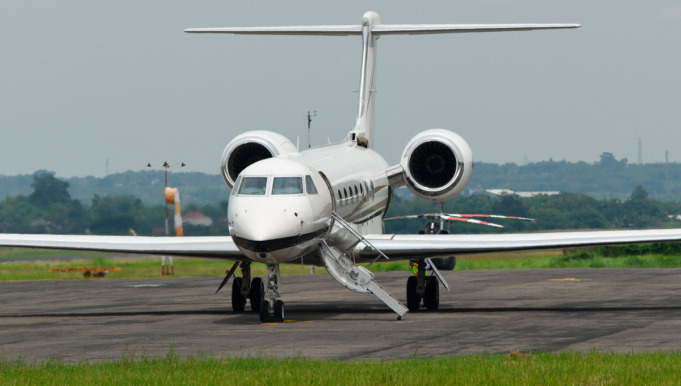How will you structure your aircraft transactions and flight operations to solidify your bonus depreciation position in 2023?
Background
The Tax Cuts and Jobs Act of 2017 (the “TCJA”), enacted on December 22, 2017, provides for 100% bonus depreciation for the cost of qualified property acquired and placed in service after Sept. 27, 2017 and before Jan. 1, 2023. The TCJA includes an annual 20% phase down of the 100% bonus depreciation deduction applicable to qualified property placed in service after December 31, 2022. Accordingly, qualified property acquired and placed in service in 2023 would be eligible for 80% bonus depreciation, followed by 60% in 2024, 40% in 2025, and 20% percent in 2026.
In a market of short supply and high demand, fortunately, you are eligible to take bonus depreciation for both factory-new and pre-owned aircraft.
As described below, for longer production period property and Certain Aircraft, the annual 20% phase down is effectively delayed one year if your aircraft is placed in service before January 1, 2027. (Note, longer production period property and Certain Aircraft placed in service in 2027 are not addressed here; more in the upcoming Above and Beyond Podcast.)
Certain Aircraft
As a practical matter, “Certain Aircraft” are aircraft operated by the owner or lessee of the aircraft for its own purposes, which typically means aircraft operated under FAR Part 91, rather than FAR Part 135.
For an aircraft to qualify as Certain Aircraft, there are three key requirements:
- the aircraft must have an estimated production period exceeding 4 months;
- the aircraft must have a cost exceeding $200,000; and
- the purchaser of the aircraft must, at the time of the contract for purchase, make a non-refundable deposit of at least the lesser of: 10% of the aircraft’s cost, or $100,000.
For aircraft placed in service prior to 2027, the plain language of the statute does not require a written binding contract be entered into prior to the year the delayed bonus depreciation is being sought. By way of example, you may enter into a contract in 2023 with a non-refundable deposit made at the time of contract and be eligible for 100% bonus depreciation for an aircraft placed in service in 2023. Although the statute is seemingly “too good to be true,” many tax advisors are generally comfortable that the IRS has no basis to challenge this position, except as noted below.
The IRS has not provided guidance on the issue of whether a deposit is non-refundable. Limiting return of the deposit to action or inaction beyond the purchaser’s control should be considered in an effort to mitigate risk, recognizing such would be contrary to the purchaser’s interest in retaining a full rejection right to exit a transaction.
Two Additional Considerations
Notwithstanding the requirements described above, the aircraft must be (i) placed in service in the year the deduction is sought, and (ii) satisfy the qualified business use requirements.
An aircraft is deemed to be placed in service when it is in a condition or state of readiness and made available for its intended use on a regular, ongoing basis. You and your advisors should evaluate the facts and circumstances to confirm when the aircraft is placed in service, particularly where the aircraft is removed from service for repairs, improvements, modifications, or maintenance shortly after being placed in service.
Be sure to maintain contemporaneous records to substantiate the aircraft being used predominantly in the United States and at least 50% for business purposes. If you use a regarded entity structure, you may be able to utilize a special rule that effectively reduces the threshold to 25%. Also, consult your aviation attorney and tax advisor to ensure compliance with applicable laws and tax rules.
Special thanks to David Shannon, Partner at Lewis, Brisbois, Bisgaard & Smith LLP, and Chris Younger, Senior Counsel at Crowell & Moring LLP, for their significant contributions to this article.
Dan Feldman, Partner at Lewis, Brisbois, Bisgaard & Smith LLP, advises clients on business aviation and executive compensation matters, with an emphasis on tax planning and avoiding potential pitfalls.






